 DW ESPANOL
DW ESPANOL
A female reporter groped live on air at the World Cup has spoken out about harassment by sports fans.
Colombian correspondent Julieth Gonzalez Theran was working for DW Espanol in Moscow when a man grabbed her breast and kissed her cheek.
She continued her report without interruption but has since addressed the incident online.
"We do not deserve this treatment," Gonzalez Theran said. "We are equally valuable and professional."
She told her employer, Deutsche Welle, she had been on the scene for two hours preparing for the broadcast.
"When we went live, this fan took advantage of the situation," she said. "But afterwards, when I checked to see if he was still there, he was gone."
The incident happened last week in the city of Saransk ahead of the Russia-Saudi Arabia game. DW posted the footage on social media, calling it an "attack" and "blatant harassment".

Many online commentators, however, downplayed the incident. One labelled the criticism as "feminist hysteria", and others suggested the kiss should be seen as a "welcome" or a "compliment".
Gonzalez Theran continued to speak out about her treatment on Twitter, retweeting messages of support from her colleagues.
"This is not funny," DW presenter Cristina Cubas tweeted. "It's not a kiss. It's a non-consenting attack."
On Wednesday, almost a week after the incident happened, DW published an article about the controversy, in which Germany's first female national league referee branded the behaviour "unacceptable".
"For me it is an isolated incident," Gonzalez Theran said. "There are always fans that compliment you and behave respectfully. This one went too far."
Harassment of female reporters is not uncommon in sports reporting.
In March, a group of 52 Brazilian reporters launched a campaign showcasing incidents of being kissed and groped by fans and athletes, which they called #DeixaElaTrabalhar - or "Let her work".
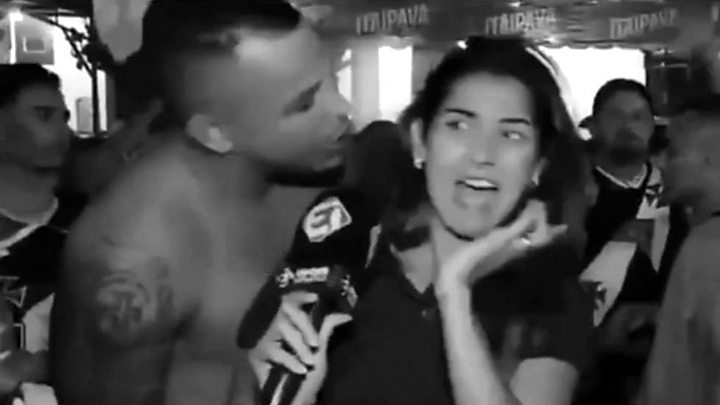
Last year, tennis player Maxime Hamou was banned from the French Open after forcibly kissing a female reporter during a live TV interview.
"If I hadn't been live on air, I would have punched him," the reporter, Maly Thomas, later said.
Other women working at the World Cup have also been facing criticism or abuse off-camera- and particularly online.
German football commentator Claudia Neumann has received extensive criticism on social media for her work, which her employer and colleagues have dismissed as sexist.
In the UK, the BBC's Vicki Sparks faced similar online abuse when she made history as the first female World Cup commentator on British television on Wednesday - but was widely well-received.
Europe
Spanish court releases 'wolf pack'
- 21 June 2018
- Europe
Italy warns EU partners on migrant deal
- 21 June 2018
- Europe
Macron splashing out on presidential pool
- 21 June 2018
- Europe

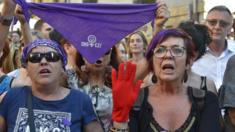



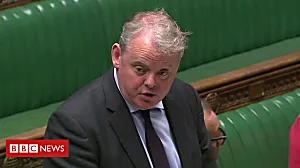
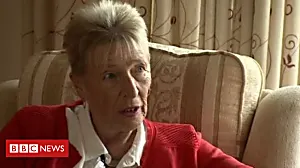

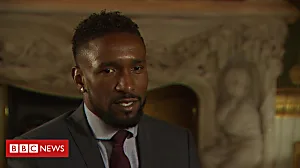
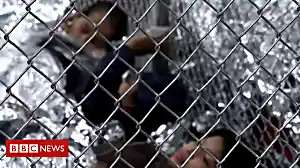


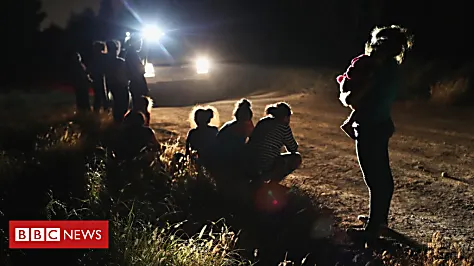
No comments:
Post a Comment